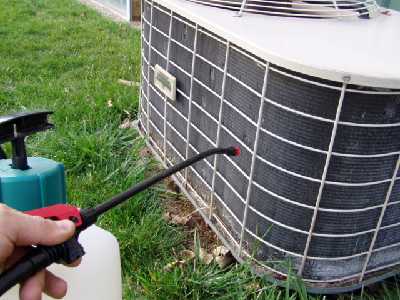 Living in a flood-prone area like South Florida or even a city like New Orleans that is below sea level means that people should understand how to approach clean up after such a disaster.
Living in a flood-prone area like South Florida or even a city like New Orleans that is below sea level means that people should understand how to approach clean up after such a disaster.
It is important to move quickly so that the home’s structure is not damaged and that personal belongings are saved. Waiting too long could not only damage one’s property but also prove harmful thanks to mold growth, bacteria and debris, and mud that have come into the home. Even a couple of inches of water can prove disastrous.
Get Rid of the Mud
It is important to get rid of the mud and any debris that has come into the home. This could mean shoveling out the dirt or using a hose to spray away mud from the home’s surfaces. Dirt should be brushed off or wiped off of furniture, paperwork, and all possessions too. After the mud is removed, water can be tackled.
Work on Water Removal
Getting rid of water is easier said than done. The liquid can sink into furniture and the home’s walls. All furniture should be placed outside to dry out and it will help to have a dehumidifier and air conditioner to remove moisture. A home owner should open all windows and doors to air the house out. Vacuums can be used to remove dirt and mildew from everything from the floor to the ceiling. Items like mattresses and blankets should be thrown away. Professionals can handle getting water out of floorboards and furniture since they have the equipment and know-how for this.
Safeguard Documents
Photographs and important paperwork can be saved and cleaned. It’s important that all mud is taken off of the documents, they are placed in plastic bags, and that they are then put into a freezer. The paperwork will then be safe from mildew, can be thawed, and then cleaned. Professionals understand how to work with even the most damaged of documents to clean and restore them.
Disinfect Everything
It is important to really disinfect all surfaces to prevent mildew and mold from growing. This means wiping down all surfaces, ceilings, walls, counter tops, and shelves with heavy-duty cleaning materials. Home owners should take the time to inspect hard-to-reach sections of the home as well as places like under sinks and carpets.
Report Everything to Your Insurance Company
It is important to always communicate with one’s insurance company. This of course can only happen if a home owner has property, possession, or home insurance. This is a chance to find out what will be covered and what will not. Home owners should take the time to list all damage and to take photographs and videos. Complete record keeping is important so that home owners can be rewarded money for damages and cleaning. This can also help if a person applies for government or disaster assistance programs.
Inspect Appliances and All Electrical and Central A/C Systems
All electrical items need to be turned off and looked out. Professional cleaning is suggested because the common home owner could be hurt when working with these appliances or could end up breaking them. Similarly, the electrical system in a home need to dry out to protect the home from harm, and the heating and cooling systems should be inspected. It is important to be smart about this because damaged wiring and heating and cooling systems can be incredibly costly to repair.



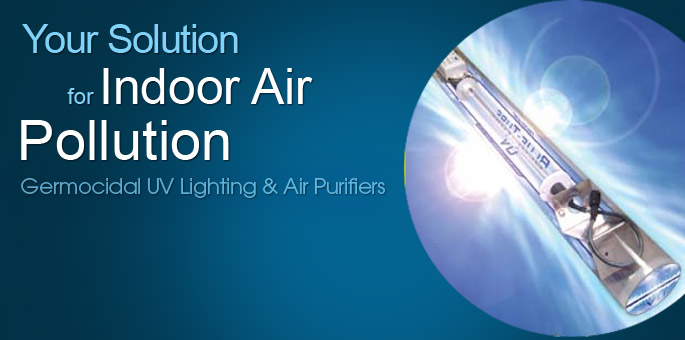

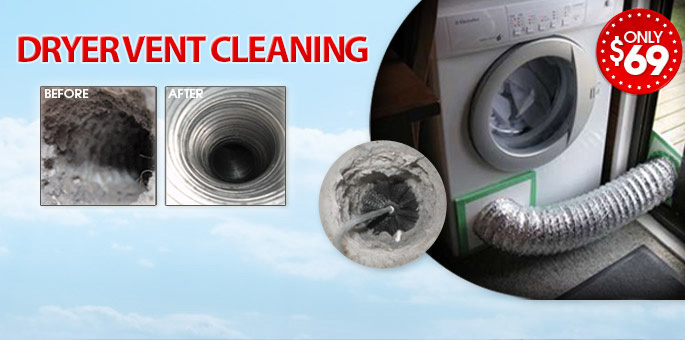
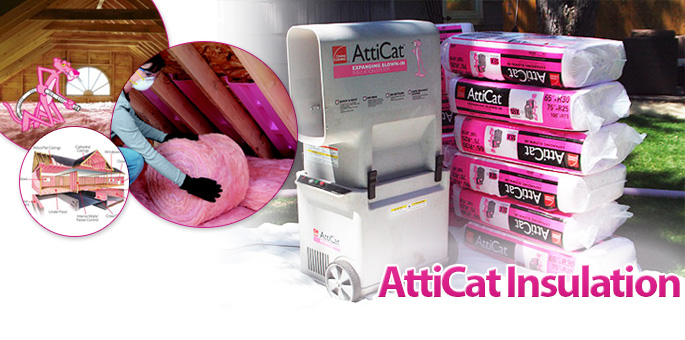







 All air conditioners have a SEER rating, which means Seasonal Energy Efficiency Ratio. A higher SEER rating means lower electric bills. Before 2006, the government required a minimum SEER rating of 10. Now the minimum requirement for a “high-efficiency” air conditioner is 16. Some high-efficiency units are rated as high as 20+.
All air conditioners have a SEER rating, which means Seasonal Energy Efficiency Ratio. A higher SEER rating means lower electric bills. Before 2006, the government required a minimum SEER rating of 10. Now the minimum requirement for a “high-efficiency” air conditioner is 16. Some high-efficiency units are rated as high as 20+.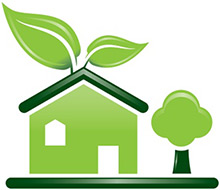 Older units may contain refrigerants that cause degradation of the ozone layer of the atmosphere. Leakage of this gas is harmful. Newer units contain refrigerants that produce less ozone damage. The Carrier company is producing a unit containing the R134a refrigerant that does not damage the ozone. Other manufacturers are following suit.
Older units may contain refrigerants that cause degradation of the ozone layer of the atmosphere. Leakage of this gas is harmful. Newer units contain refrigerants that produce less ozone damage. The Carrier company is producing a unit containing the R134a refrigerant that does not damage the ozone. Other manufacturers are following suit.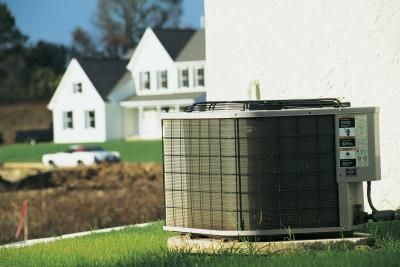 Life in South Florida can be a lesson in an easygoing life, with lots of fun in the sun and no harsh, frigid winters.
Life in South Florida can be a lesson in an easygoing life, with lots of fun in the sun and no harsh, frigid winters.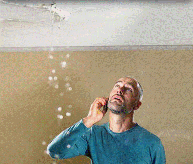
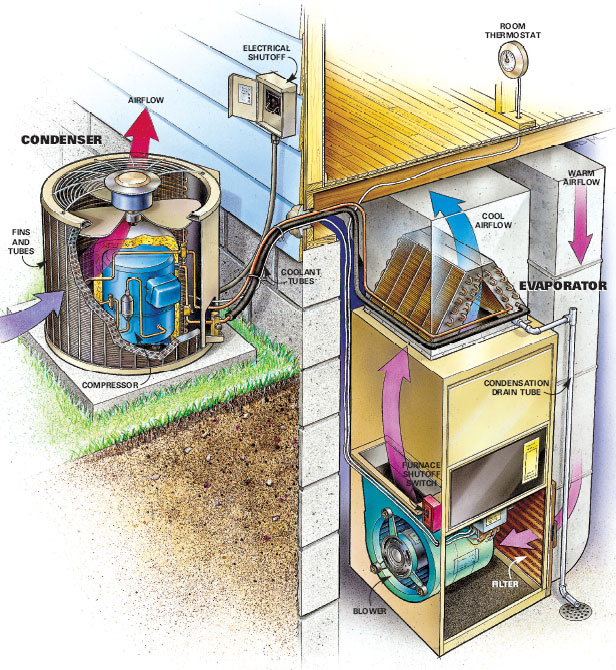
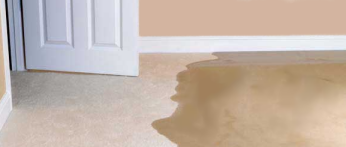
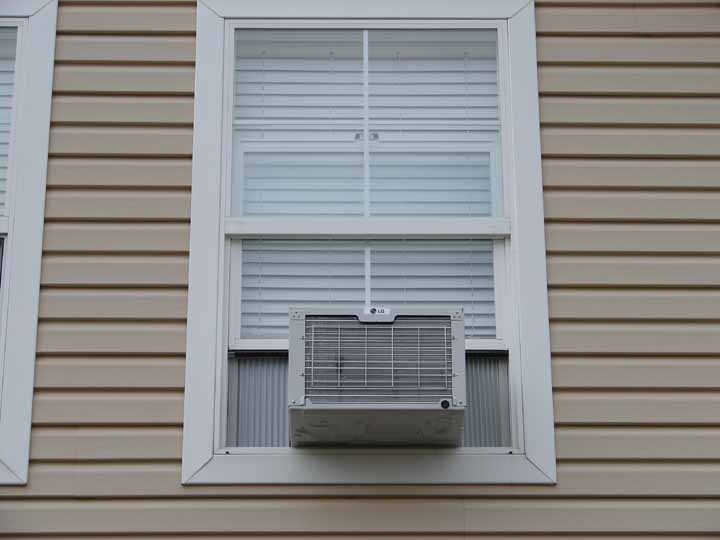
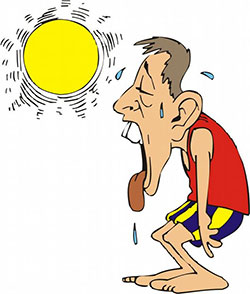 Taking a minute to check your A/C system and doing some basic maintenance can help shave off quite a bit of money off an otherwise
Taking a minute to check your A/C system and doing some basic maintenance can help shave off quite a bit of money off an otherwise 
